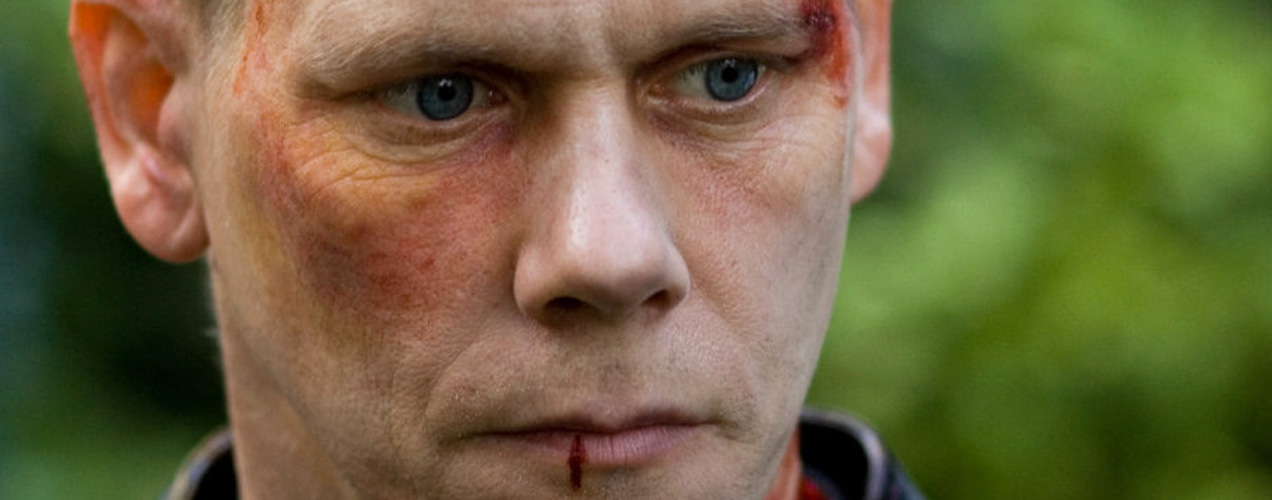2007 / James Wan > In his first foray out of the horror genre, the director of the original Saw takes considerable missteps in portraying a revenge-minded father who’s just seen his son brutally murdered. Though Kevin Bacon puts in an adept effort considering the material, the character evolution is weak and oddly paced. In a film such as this, if you plan on taking your work seriously and not simply using it as a method of violence exploitation, you need a foundation on which to base the spillage of the blood on. However, Wan negates any sort of rationale for what happens, making plot decisions that are muddled and hysterical. At the end, there’s an attempt at teaching the moral behind the futility of revenge, but it’s too little, too obvious and too late.

Interview
2007 / Steve Buscemi > Even at 80 minutes long, Interview tests your patience over and over until you realize the film is actually a Sienna Miller biopic that Steve Buscemi made so he could make out with her. And while that could be considered a legitimate reason in some circles, the sheer pain of having to witness an unending conversation that continuously assaults the intelligence all but nullifies any reason for the film’s existence. Let’s hope the rest of the trilogy isn’t so weak.

Balls of Fury
2007 / Robert Ben Garant > As silly as it sounds, the idea of Dan Fogler making out with Maggie Q takes Balls of Fury two full notches down on the totem pole of love. In theory, there wasn’t much that could go wrong with a parody of Enter the Dragon starring Christopher Walken and ping pong, but the show quickly runs out of meat and starts packing the minutes with unremarkable filler that stretches thin by the climactic sequences. There are some good moments, though better fit to be viewed as clips on YouTube, not with full attention in front of the screen.

Eagle vs Shark
2007 / Taika Waititi > Quirky can work, but it has to work with the film and its characters, not against them. In Eagle vs Shark, the joke is mostly on the male lead (Jemaine Clement from Flight of the Conchords) and much of the cast surrounding him. It’s supposed to be a romantic comedy, but the film progresses more as a portrayal of family dysfunctionality. That would have been fine if it weren’t for the fact that only the female lead (who, played by Loren Horsley, is a quiet joy to watch) shows any emotional development. In the end, what seems to annoy/anger me the most is the sheer human patheticness that’s accepted. Films like Oasis approach those who aren’t capable of intertwining with society on their own behalf with intelligence and tact, but here, it’s just utilizing them as fodder for cheap, nervous laughs.
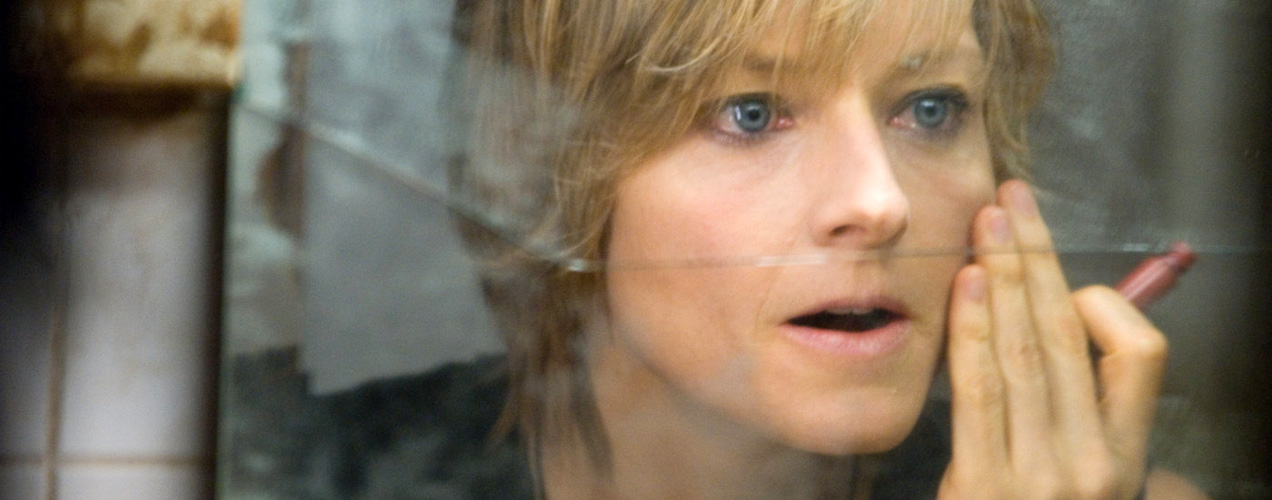
The Brave One
2007 / Neil Jordan > It’d be one thing if the moral dilemma was abrasive or tactless, but The Brave One somehow manages to turn the inherent tension necessary in a film such as this into a bit of a snoozefest. Jordan’s attempt to re-wrap the revenge genre fails as there’s too much being slapped together to create some greater meaning. Ultimately, much of the film is simply conventional—Not to mention that the whole bit is a minor personal attack on the borough of Manhattan.

Driving With My Wife’s Lover
2007 / Kim Tai-sik > Through a meticulously tracked black dramedy, Kim explores adultery through the eyes of both willing and accidental participants. The film’s demeanor is understating but effective, often light-hearted in the face of what would generally turn into a violent revenge-fest in similar genre films. While Chungmuro continues to focus on bloated, mediocrity that’s being inspired by Hollywood, Driving With My Wife’s Lover keeps it simple yet engaging. The story, the pacing and the purposefully flat-footed acting are all spot on in creating the kind of atmosphere one would expect from a setting of illegal intimacy. It’s a small gem, having played in Berlin, Sundance and Rotterdam, but one that still has yet to get the notice it deserves.
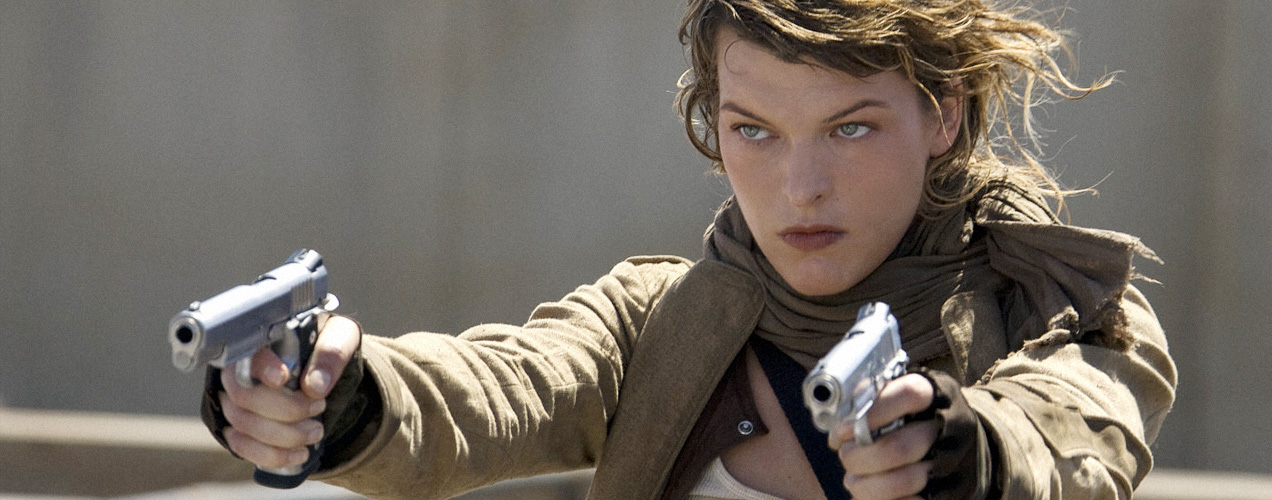
Resident Evil: Extinction
2007 / Russell Mulcahy > The worst thing a Resident Evil-like movie can be is boring. And this one is boring. It’s not really exciting. Nothing really happens. Okay, some things happen but they’re mostly boring. So, nothing might as well happen at all. Though, Milla Jovovich sure can kick some ass. And there are a few explosions to wake you up.

The Ten
2007 / David Wain > The Stella boys are pretty hit and miss: Wet Hot American Summer was fun and quirky, though far from brilliant. The Baxter had a sort of undeniable charm that kept it interesting. But The Ten and its gimmick of playing individually upon Moses’ commandments gets old a bit too quick. Most of the stories lose steam when one realizes that they really don’t go anywhere: They amuse briefly before simply becoming an obstacle until the next story. How much it reverberates simply depends on how much of the Stella comedy you can appreciate without thinking if its all a bunch of inside jokes.
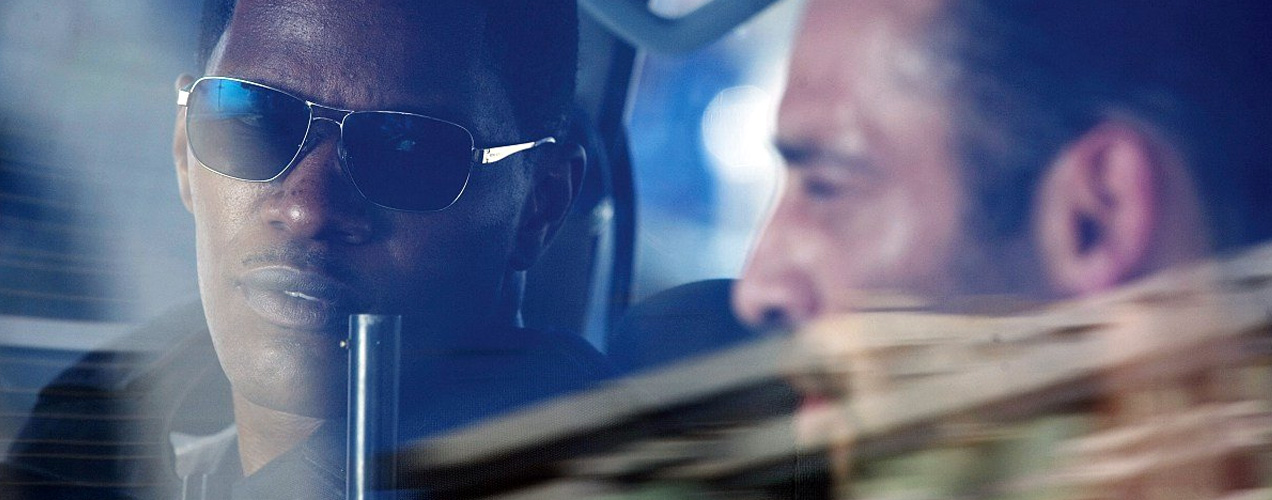
The Kingdom
2007 / Peter Berg > Up until The Kingdom, Berg had quietly been making his mark on the directorial front. Very Bad Things is an often overlooked, underrated black comedy, and Friday Night Lights is undoubtedly one of the finest sports films of all-time. However, in his foray into the action/drama (as opposed to the action/comedy buddy flick The Rundown), he stumbles over a few heavy-handed messages and a fairly insulting foundation: Jamie Foxx and his FBI crew land in Saudi Arabia to investigate a civilian bombing on international soil as if the Saudi themselves are absolutely incapable of such. This type of convenience in the script is downright silly, but it doesn’t stop there. The central conflict finds a magical solution at the buzzer, though Berg does add a couple of rather nice touches to make us pay attention. The Kingdom is not horrible, but it’s shallow and treads thinly on deep water that could have used some further exploration.
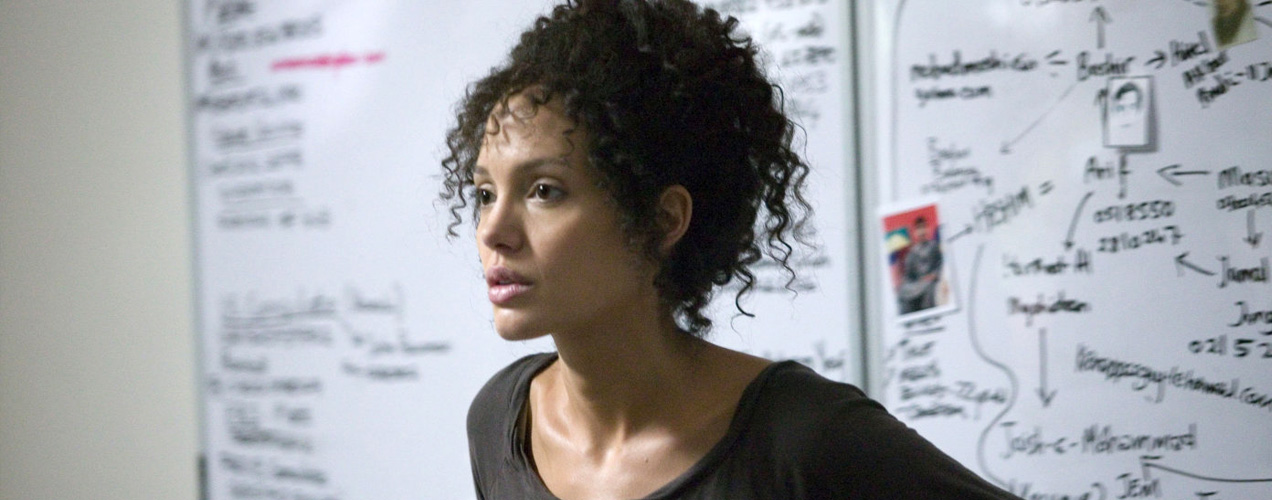
A Mighty Heart
2007 / Michael Winterbottom > There are two significant breakthroughs in A Mighty Heart: We learn that it is possible for Winterbottom to produce an apolitical film. Unlike The Road to Guantanamo, which plays the West as the villain from the get go, the film doesn’t utilize the people in the story to prove anything—As a bastard child of 9/11, A Mighty Heart rivals only Reign on Me in its appreciation of the event’s after-effects from a non-agenda viewpoint. It is tactful and intelligent, though not necessarily forgiving or hopeful of the strife and confusion that surrounds our current society.
We also get to enjoy Angelina Jolie in a role that brings her back down to earth, finds us focusing on her character and not the Hollywood megastar that she is. This is a joint accomplishment on both Winterbottom and Jolie’s part that I find impressive, to take the celebrity out of a film and put in its place the strong-willed but broken hearted Marianne Pearl. Combined with an always impressive Irfan Khan, the cast of both professional and non-professional actors deliver an emotionally engrossing picture not to be taken lightly.

